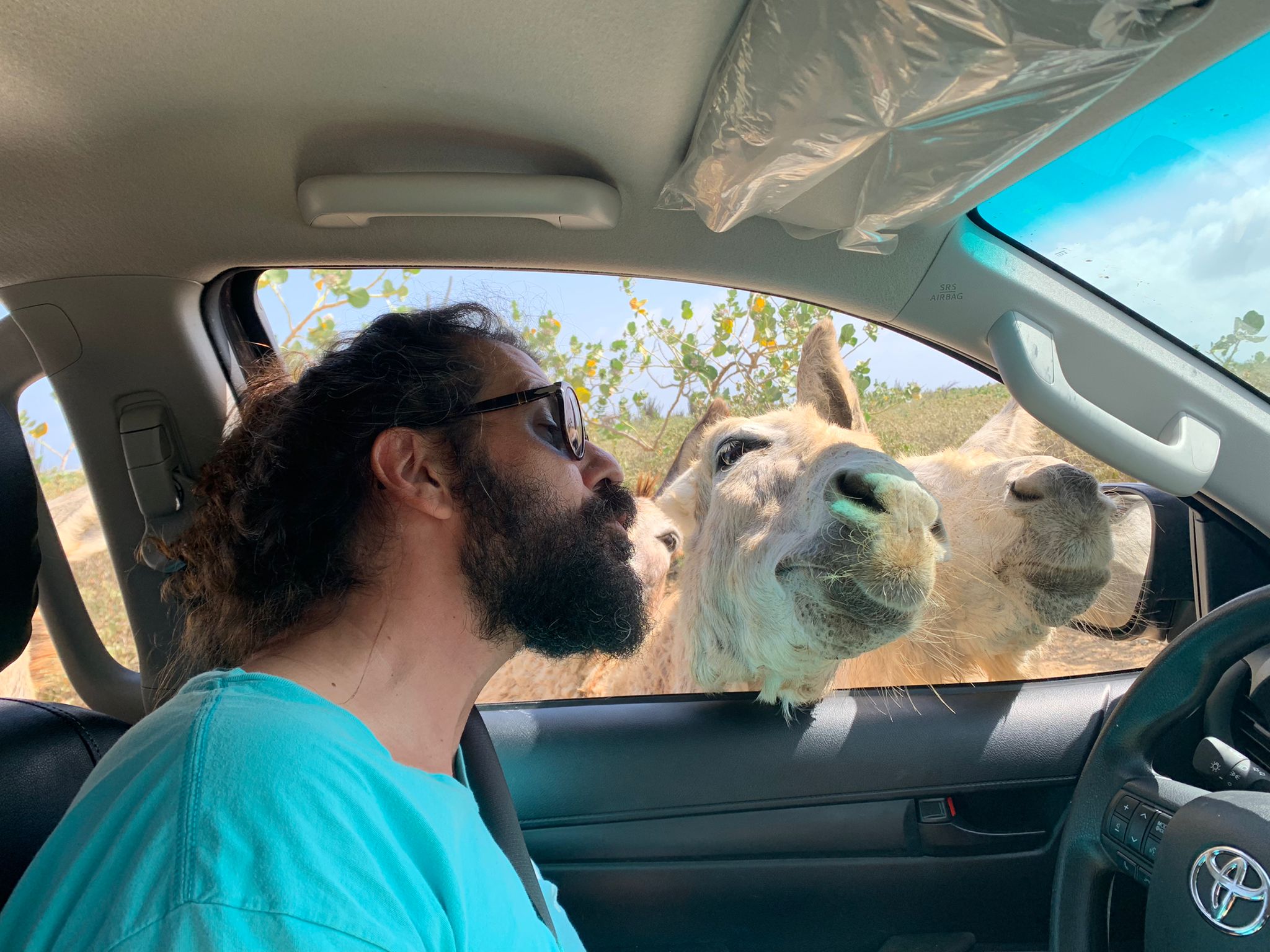Samples collected during this trip will help describe how long the “memory” of previous environmental conditions may last in corals within restoration. Serena is excited to continue analyzing the samples collected both from the coral nursery trees and from the thermal stress experiment to see if corals of the same genotype (i.e., genetic clones) that had been grown on different nursery sites still display differences in growth and thermal tolerance. This long-term monitoring is an important first step in assessing the potential for coral stress hardening to increase the long-term resilience of corals within restoration. Coral stress hardening involves the exposure of corals to a moderate level of stress in an effort to increase their tolerance of later stress exposures. While this phenomenon has been demonstrated by many studies before, we still don’t know how long this benefit can last once corals are back in the ocean.
This was the last (planned) trip of the project, and the team was able to reach some exciting achievements. After this final trip, it is finally safe to say that not a single overnight experiment throughout the year-long project was rained-out (or even rained on enough to send the over-night beach-campers running for shelter) which we count as a major accomplishment after performing 10 overnight thermal stress experiments outside on a tropical island!
The team was also able to train Reef Renewal Bonaire staff, including four full-time members and three interns on how to perform the short-term thermal stress assay experiment. The set-up of coolers as “tanks”, basic aquarium supplies, and temperature control using the user-friendly Neptune Apex system was designed with the remote conditions of Bonaire in mind. The goal was for this system to be a useful tool for restoration practitioners to be able to measure the thermal stress tolerance of their corals without the need for an aquarium facility (which does not currently exist on Bonaire). It was very exciting to finally “pass the baton” by showing RRFB the details of the system that they could use in the future for additional thermal tolerance assessments.
Lastly, this trip represents the culmination of a complex, multi-phase project that Serena developed in 2018, during the first year of her Ph.D. program, in collaboration with Francesca, the RRFB COO and with advice from EELab PI Jose Eirin-Lopez. This project was the bulk of Serena’s field and lab work for the first few years of her program and this last expedition was the last field trip required for her dissertation work. To celebrate, the team visited some of Bonaire’s most beautiful natural sites including the Washington Slagbaai National Park. The EELab team is currently working with RRFB on ways to keep this collaboration going for years to come to benefit both coral research and restoration.
This work has been made possible by support from Reef Renewal Foundation Bonaire, FIU CREST-CAChE, The Lerner-Gray Fund for Marine Research, and the Iberostar Wave of Change Rebuilding Coral Reefs Scholarship.














